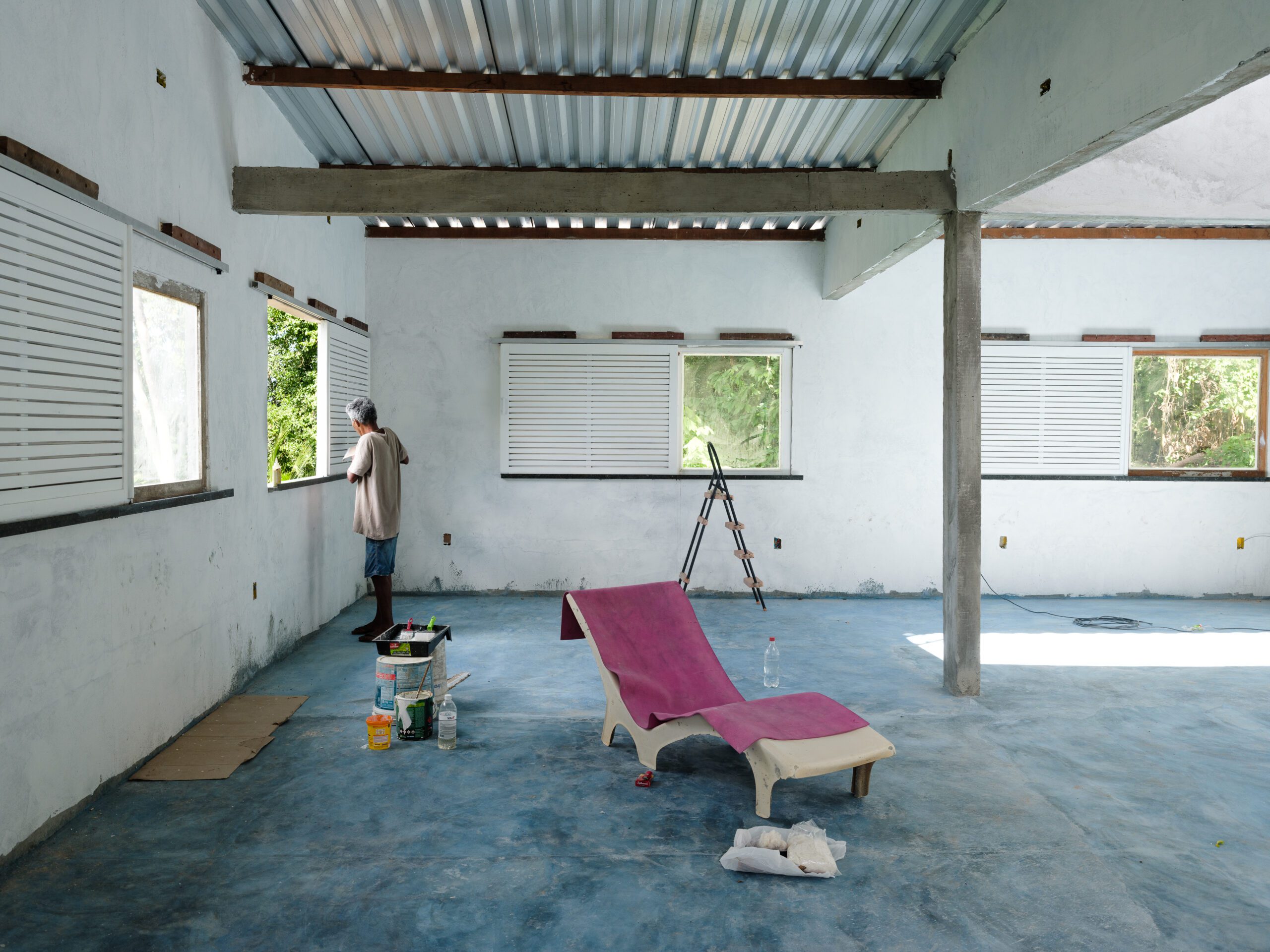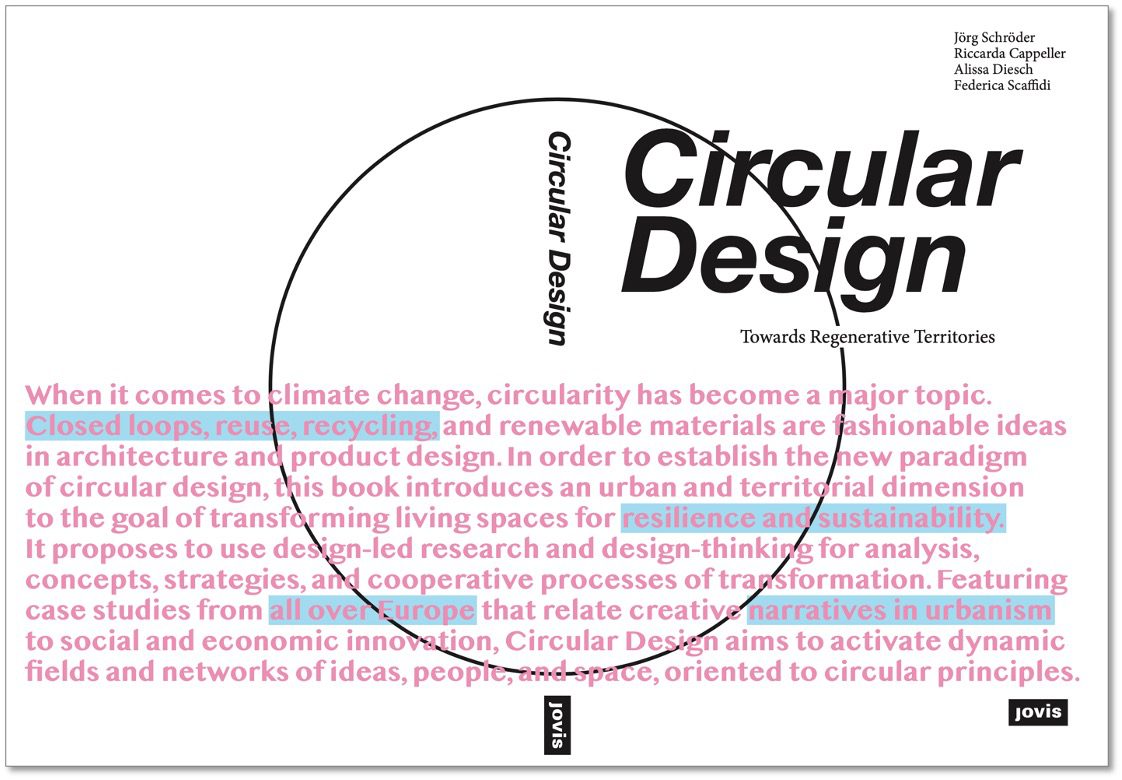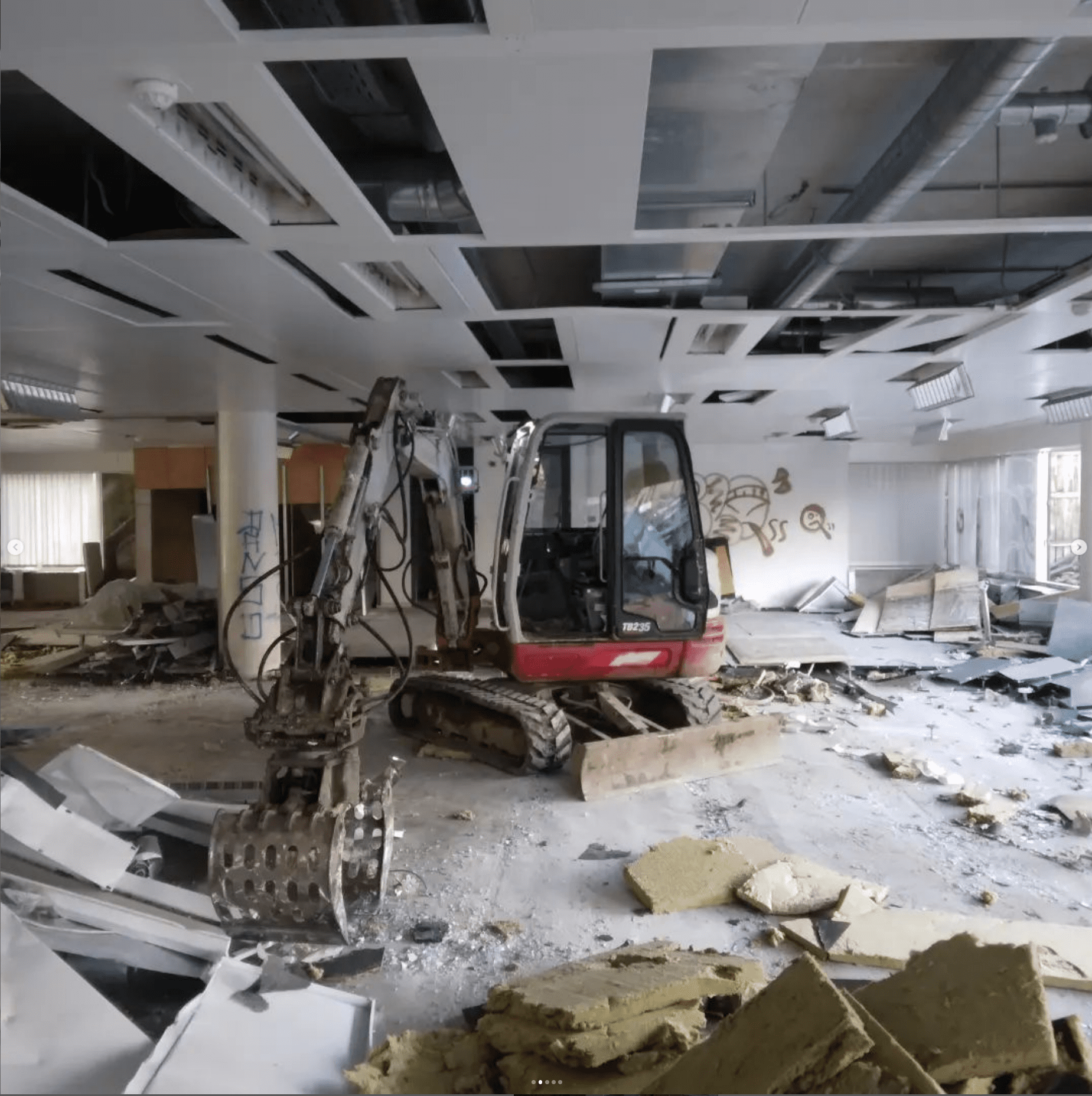Every city transforms. At the household level, children grow older and move out, freeing up rooms that become offices; parents age, abandoning homes to return to live with children or caregivers. Small changes in the master plan cause houses to lose their real estate value and become seen merely as land—major demolitions make way for new residents or the investment market. In the commercial sector, shopping mall stores rotate at high speed to keep up with trends while corporate offices close and open with the immaterial fluidity of the stock market. Behind a contemporary so-called digital world, to which immaterial words like clouds and liquids are associated, there persists a material universe that, for convenience, we forget.
The term "urban mine" has become popular in discussions about ecology, sustainability, and the circular economy. The concept—that the extraction spaces of the future will be located within the city itself—is, however, a distant reality. We don't know how to desire and transform what we have; we design from what exists. The discussion with circular economy leaders in the context of architecture and design aims to illuminate strategies for building with what already exists.
Participants:
Maarten Gielen is a Belgian designer and researcher dedicated to transforming the way materials are used in architecture and construction. In 2006, he co-founded the Rotor studio and, in 2014, the associated firm Rotor DC (Deconstruction). He currently works at the design studio Halfwerk. Maarten received the Maaskant Prize for Young Architects, one of the most important of its kind in the Benelux. He frequently teaches at architecture and design schools in Europe, Asia, and the United States.
Jörg Schröder:
Jörg Schröder has been a professor of spatial design and urban planning at Leibniz University Hannover (LUH) since 2012. His research addresses innovative dynamics in the interactions between space and society, focusing on innovation processes toward sustainability and climate neutrality, as well as social, economic, and cultural transformation. He currently coordinates the CiD Circular Design Innovation Alliance, funded by the European Union, which works on how to position the circular economy for urban regeneration.
Pedro Alban (mediator):
Pedro Alban (Salvador, 1993) is a visual artist and architect who graduated from the Federal University of Bahia and earned a master's degree from the Catholic University of Chile. His research focuses on the world of construction and its practical and subjective processes—material flows, ecological implications, and questions of memory. The experience of being the last to enter buildings before they cease to exist informs his most recent work. Since 2020, together with Natália Lessa and Fernanda Veiga, he has coordinated Arquivo, a project dedicated to facilitating and popularizing the reuse of materials in architecture.
Registration:
Free
Registration
Registrations must be made here.
Selection will be made in order of registration.
Registration will be open until the start of the activity, on site, as long as there are spaces available.




